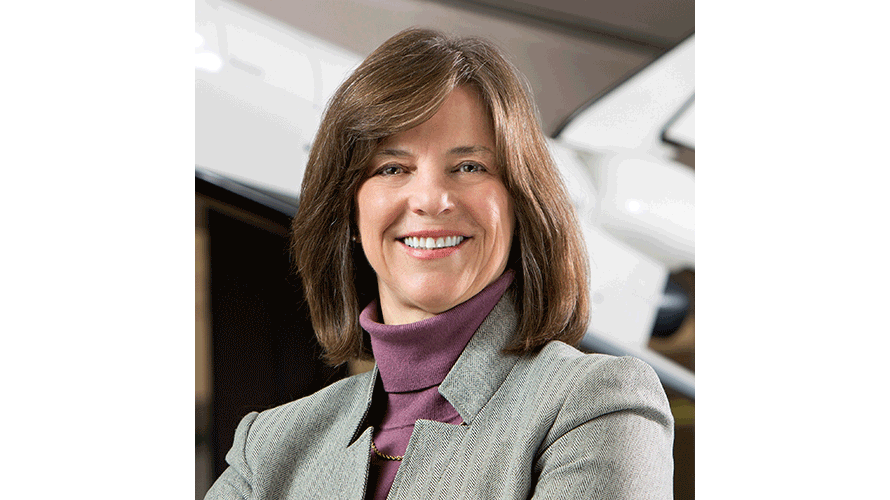Seasoned Educator, Aerospace Professional, and Retired Astronaut to Join Other Visionaries and Leaders at National Space Society Conference
The National Space Society proudly announces retired astronaut Dr. Bonnie Dunbar as a keynote speaker at its annual ISDC®, the International Space Development Conference®, which will be held on May 25-28, 2023, in Frisco, Texas, near Dallas-Fort Worth.
Bonnie Dunbar became a public figure in 1981 when selected as an astronaut and her fame grew when she flew on the STS-61A shuttle mission in 1985, the first of her five shuttle flights. But she was already a fixture at NASA prior to her flight assignment—when not selected as an astronaut in her first attempt, she had gone to work at Mission Control in 1978 as a flight controller/payload specialist; one of just a handful of women working in that area at the time. She concurrently completed a Ph.D. in medical/biomechanical engineering at the University of Houston. Prior to her career at NASA, Dunbar worked at Rockwell International Space Division, with much of her focus on the space shuttle’s thermal protection system.
NSS CEO Anita Gale remembers Dunbar as an engineering student at the University of Washington in Seattle in the early 1970s, and a colleague on the space shuttle program at Rockwell in the mid-1970s. “Like many of us female engineers of a certain age, Bonnie’s resume doesn’t reflect how extraordinary her achievements were. Engineering enrollment of women was barely one percent when we were in college. We were some of the first women, and sometimes the only women, in almost everything we did in our careers.” Anita adds “Bonnie is humble about the significance of her contributions to the space shuttle program. She employed her education in ceramic engineering to solve quality control issues that plagued the Thermal Protection System tiles and contributed to delays of the first shuttle flight in 1981.”
Of her five shuttle flights, two docked with the Russian Mir space station, and flight STS-71 was the first to do so. She has spent over 50 days in space.
After leaving the astronaut corps, Dunbar served as chief of the Mission Development Branch, as the Astronaut Office interface for “secondary” payloads, and as lead for the Science Support Group. In 1993, Dr. Dunbar was selected as Deputy Associate Administrator of the Office of Life and Microgravity Sciences at NASA Headquarters. She also spent time as the Assistant Director of the Johnson Space Center.
Dunbar is currently the John and Bea Slattery Chair in the Department of Aerospace Engineering at Texas A&M, where she is engaged in research related to human space systems, such as spacesuits and habitats; the physiological effects of partial gravity; and the study of partial gravity fluid physics as applied to space exploration engineering. She is also the group lead for Systems, Design, and Human Integration within the Aerospace Engineering Department and is directing the installation of a human-rated short-arm research centrifuge, formerly operated by NASA, for research supporting human missions to the Moon and Mars at the university.
Dunbar’s long list of awards and recognition include the Astronaut Hall of Fame, Living Legends of Aviation, a Society of Women Engineers National Achievement Award, multiple NASA Spaceflight Medals, the NASA Exceptional Service Medal and Distinguished Service Medals, and many others.
Join Dr. Dunbar and dozens of other top space professionals at the International Space Development Conference in Frisco, Texas, on May 25-28, 2023. The conference will be held at the Embassy Suites by Hilton Dallas Frisco Hotel & Convention Center near Dallas-Fort Worth. More information can be found at the ISDC website.



















